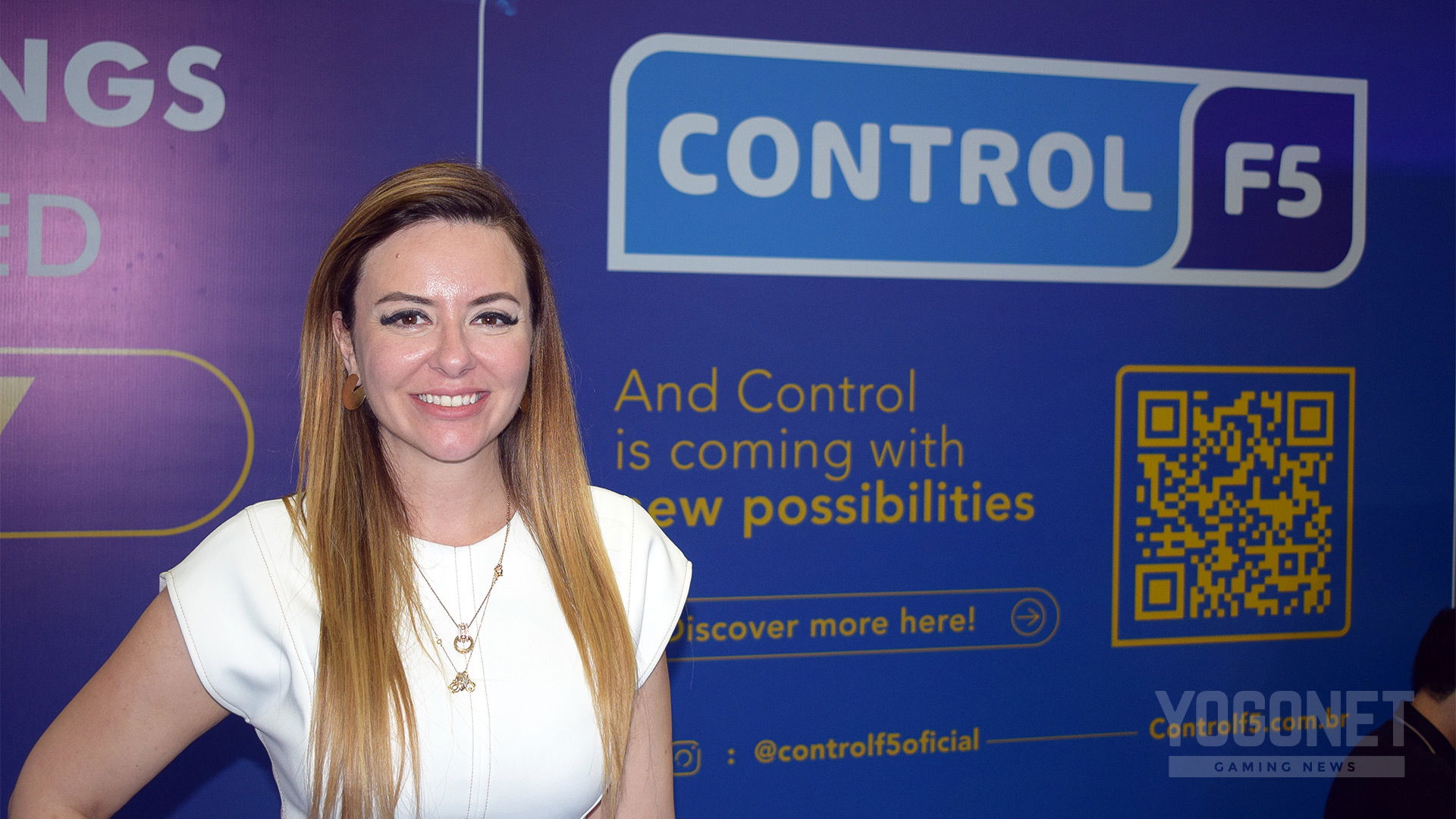Maine lawmakers weigh slot revenue parity bill for Wabanaki Tribes

Maine lawmakers are considering legislation that would grant two Wabanaki Nations a greater share of casino slot revenue, as tribal leaders continue to press for economic parity and recognition of their gaming rights under state law.
The bill, LD 1851, seeks to increase the percentage of net slot machine income collected and distributed by the Hollywood Casino in Bangor from 39% to 46%, and direct 7% of that total to the Houlton Band of Maliseet Indians and the Mi’kmaq Nation. The Oxford Casino, which already pays 4% of its slot revenue to the Passamaquoddy Tribe and Penobscot Nation under a separate agreement, would not be affected.
“It is a matter of fairness and brings us a small step closer toward a more just relationship with the sovereign Indigenous nations whose land we live on,” said Rep. Marc Malon, a Democrat from Biddeford and lead sponsor of the bill.
The proposal follows decades of exclusion for the Wabanaki Nations from key federal Indian laws, including the 1988 Indian Gaming Regulatory Act (IGRA), due to the 1980 Maine Indian Claims Settlement Act. That agreement, unique among tribal-state relations in the U.S., prevents the Wabanaki from independently operating or regulating gaming on tribal lands unless specifically allowed by Maine law.
"One of the primary purposes of this bill is parity," said Zeke Crofton-Macdonald, tribal ambassador for the Houlton Band of Maliseet Indians, during a legislative hearing Wednesday.
The legislation would bring the two casinos into alignment in terms of slot revenue distributions, resulting in approximately $3.5 million for each tribal group. Tribal leaders emphasized that the bill is designed to establish equity without undermining existing arrangements.
“We don’t want to take from the other tribes,” said Clarissa Sabattis, chief of the Houlton Band of Maliseet Indians. “All of our tribes have significant unmet needs and underfunded programs.”
Chris Jackson, a lobbyist representing Hollywood Casino, raised concerns about the bill's potential financial impact. “As long as our effective tax rate stays the same, we are open to suggestions,” he told lawmakers.
The committee also heard testimony on LD 1164, a separate measure that would give the Wabanaki Nations exclusive rights to operate internet gaming in the state. While it has cleared committee, the bill faces opposition from the governor and private casino operators, making its prospects uncertain.
Steve Silver, chair of the Maine Gambling Control Board, argued that if internet gaming rights were transferred to the tribes, Oxford Casino should be released from its obligation to share slot revenue with the other Wabanaki tribes.
A third bill under consideration, LD 1838, would allow federally recognized tribes to operate electronic beano terminals—another potential source of tribal gaming revenue.
The debate over these measures follows a 2022 report from the Harvard Kennedy School that found the Settlement Act has stunted the Wabanaki Nations’ economic growth relative to other federally recognized tribes and the average Mainer.
Sabattis noted that revenue from LD 1851 would help fund her tribe’s wellness court, easing the burden on local and state social services. While both gaming-related bills remain on the table, Sabattis said the slot revenue measure appears to be the more feasible path forward.
















































